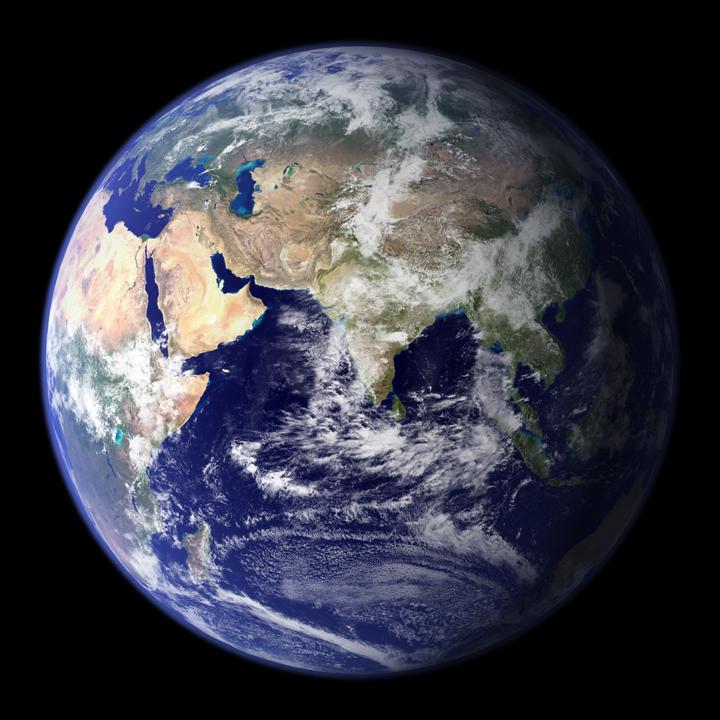What will be the younger generation’s next challenge?
November 11, 2010
“All the world’s a stage, and all the men and women merely players: They have their exits and their entrances.”
Famous lines from William Shakespeare’s “As You Like It.” If you think about it, this world is constantly changing. The baby boomer generation is starting to retire, and those of the previous generation are now getting older.
As a generation grows older, the younger ones take on the roles the older generation had. We will have our own beggars, our own criminals, our own politicians, our own hippies and so on. It’s kind of interesting to see that we were all once eager children wanting to grow up fast and be a member of this global community; and now all of that is happening so fast.
So what will our generation bring? Will we have our own world war? Our own major crises that will be known for hundreds of years to come in human history? Will we have our own triumphs? Our own joys and tragedies? Certainly, but their nature is to be determined by us.
I used to work at a local library, and from time to time I would come across some very interesting books. One of them offered a collection of news headlines in the past 25 years or so. It got me thinking that, besides the Soviet Union collapsing and countries reassessing their economic ideology, nothing has really changed. Sure, computers are a bit faster and we have fancy cell phones now, but our day-to-day activities and our way of life hasn’t undergone any real, massive overhaul. And yes, back then climate change existed in the form of global cooling.
But we like to think that some things have changed for the better —maybe to make ourselves feel good, or maybe to worry about one less thing. But we’re not there yet. Here are some statistics on some problems of the world today:
Approximately 2.5 billion people are living on less than $2 a day, according to the World Bank. The U.N. defines absolute poverty as people living on less than $1.25 a day.
At least 14 percent, 32 million, of American adults are illiterate, according to the U.S. Department of Education. However, literacy in the United States is apparently measured by asking people if they can read and write. Assume that you couldn’t read — if someone knocked on your door and asked if you can read or write you’d say yes to save yourself the embarrassment wouldn’t you?
We also have the hypothesized impending energy crisis and climate change.
So let me ask you, the reader; sitting there enjoying your morning coffee, breakfast or whatever you’re doing while reading this: What will you do to contribute to this world? Yes you’re only a small force, but combined with the efforts of others you amount to something much more.
But how does change begin? Does it involve thinking about the problem and finding ways of dealing with it? Yes it does, but for most people it stops there.
I am inclined to believe that it takes much more than that.
It involves the ability to communicate with one another and understand each other. It needs people to be impartial, and avoid placing blame because these problems are something that we inherit. And there’s still a lot of questions to be answered, such as if the problem is really a problem. If it is, is the current solution the best of all possible solutions?
Whatever your role may be in this lifetime, you’re very much a part of this world. You will affect decisions that politicians make and vice versa. History waits eagerly to write down the next chapter of human history.
So, I ask you to be mindful and aware; and maybe be a little active in trying to actually shape a better future rather than to pretend that things have changed.







